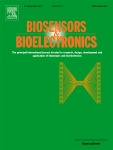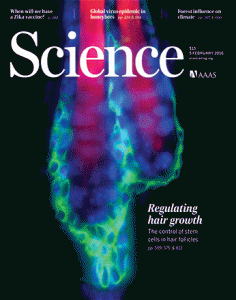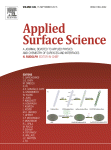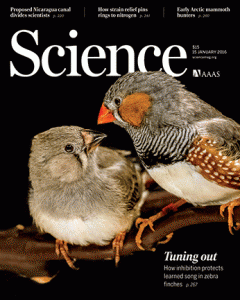 We’ve seen many cases of researchers creating fake email addresses to impersonate reviewers that usher their paper to publication.
We’ve seen many cases of researchers creating fake email addresses to impersonate reviewers that usher their paper to publication.
But in the latest fake email incident, a journal is retracting a paper on liver cancer after the first author created a phony address for the last and corresponding author. Both are researchers at Zhengzhou University in China.
This isn’t the first time that an author has worked around the corresponding author: there’s a case from a few years ago in which the corresponding author didn’t know that the paper was being published at all. Recently, we also wrote about a doctor who was suspended in the UK after submitting papers without her co-authors’ knowledge, including creating a fake email for one of them.
This latest paper had another problem, too: plagiarism. Here’s the retraction note for “The influence of TLR4 agonist lipopolysaccharides on hepatocellular carcinoma cells and the feasibility of its application in treating liver cancer,” published in OncoTargets and Therapy:
Continue reading Fake email address — for author, not reviewer — fells another paper








